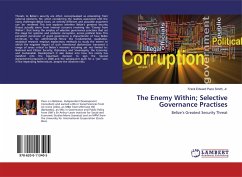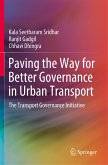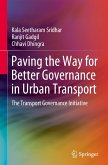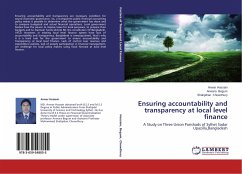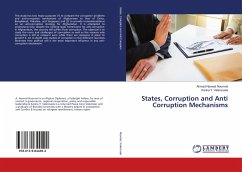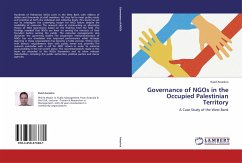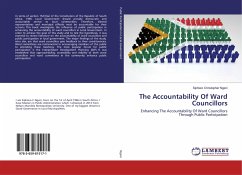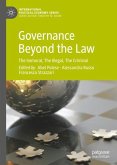Threats to Belize's security are often conceptualised as emanating from external elements. Yet, when considering the realities associated with the many challenges Belize faces, an entirely different and plausible argument can be rendered. This text explores whether Belize's greatest security threat actually stems from internal concerns involving the "Enemy from Within"; that being the employ of selective governance practises that set the stage for systemic and endemic corruption, across political lines. This persistent perversion of good governance is characteristic of how Belize continues to be administered. Hence this fundamental, qualitative, analytical research employs exploratory methods to study the extent to which the negative impact of such intentional dysfunction transcend a range of areas critical to Belize's interests including yet not limited to: National and Citizen Security, Diplomacy and Sovereignty, the Economy and Sustainable Development. It also delves into how this reality has manifest into the bipartisan decision to sign the Special Agreement/Compromis in 2008 and the subsequent push for a "yes" vote in the impending Referendum, despite the inherent risks.
Bitte wählen Sie Ihr Anliegen aus.
Rechnungen
Retourenschein anfordern
Bestellstatus
Storno

